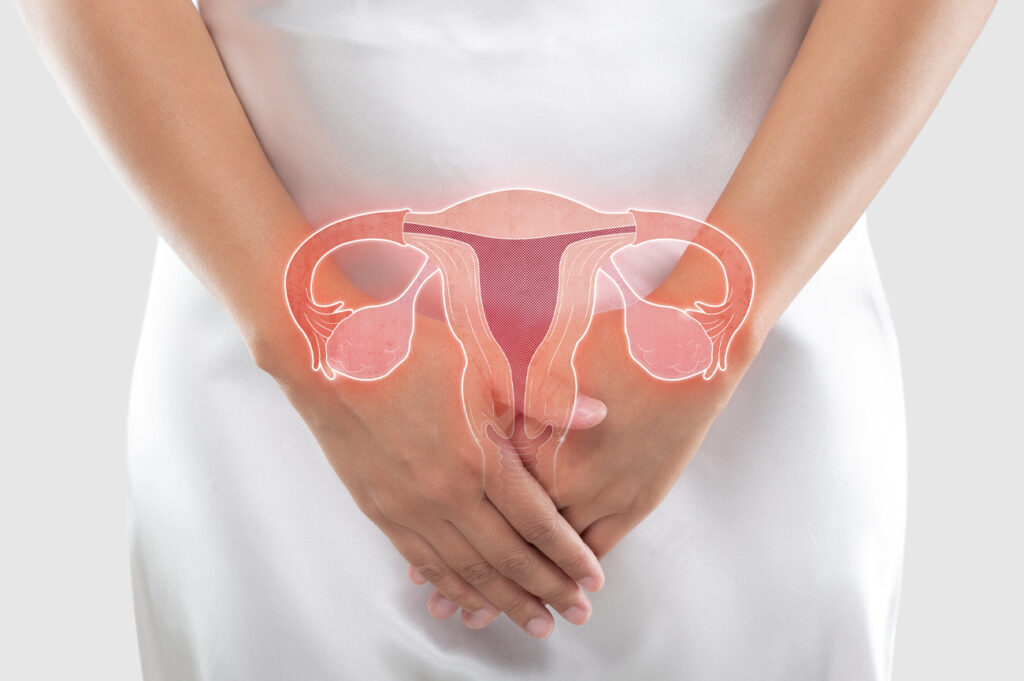STD Treatment & Info
Sexually Transmitted Diseases
Sexually transmitted diseases, or more commonly known as STDs, are spread during sexual activity. STDs are common and potentially serious, but can be treated. You can catch an STD if you have sexual encounters with someone who has an STD. Any sexual activity that involves the penis, vagina, anus, or mouth can spread disease. Some STDs are spread through body fluids such as semen, vaginal fluid, or blood; others are spread through contact with affected skin.
Sometimes there are no symptoms of an STD, but the most common symptoms are:
- Unusual discharge
- Lumps, bumps, or rashes
- Sores
- Itchy skin
- Pain in the pelvis, abdomen, or rectum
The only sure way to know if you have an STD is to be checked by your health care provider. Treatment depends on the type of STD you have.


It is important to follow the treatment plan given to you. Some STDs include:
- Chlamydia
- Gonorrhea
- Herpes
- Syphilis
- Hepatitis B and C
- HIV and Aids
- HPV and genital warts
You can prevent STDs by practicing safe sex. Always use a condom when you have sexual intercourse, get tested if you are at risk, and get treated early if you have an STD. Also, be sure your partner gets treated to prevent passing the STD to you or to others.
PCOS Treatment
Cervical cancer was once the leading cancer killer, but after Pap smears were introduced almost 60 years ago, this type of cancer has become rarer. The relationship between the development of pre-cervical cancer/cervical cancer and high-risk HPV (human papillomavirus) has been well established since the HPV is necessary for these to occur.
By age 50, more than 80% of all women will have had a genital HPV infection. Most HPV infections are short-lived or are no longer detected within 1-2 years. The amount of infected women that will develop cervical cancer or a high-grade cervical abnormality is a small percentage.
The American Society for Colposcopy and Cervical Pathology’s guidelines advise that regardless of the age of sexual initiation, cervical cancer screening should begin at the age of 21.



